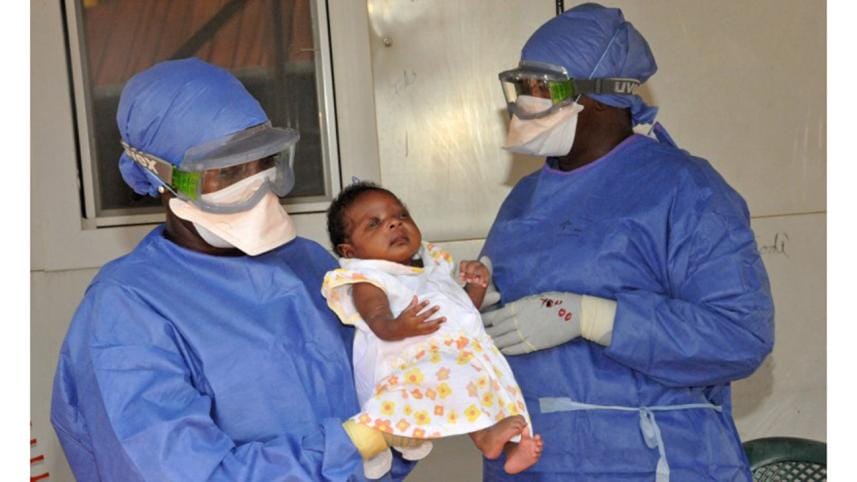Guinea to be declared free of Ebola virus

Guinea is to be declared free of Ebola by the World Health Organization (WHO), two years after the epidemic began there.
Guineans are expected to celebrate the landmark with concerts and fireworks.
The disease killed more than 2,500 people in the country and a further 9,000 in Sierra Leone and Liberia.
Sierra Leone was declared free of Ebola in November, but new cases have emerged in Liberia, which had been declared Ebola-free in September.
A country is considered free of human-to-human transmission once two 21-day incubation periods have passed since the last known case tested negative for a second time.
The disease has had an enormous social and economic impact on Guinea, the BBC's Ibrahima Diane in Conakry says.
According to the UN, 6,220 Guinean children have lost one or both parents to Ebola.
More than 100 health workers also lost their lives in the fight against the disease.
Meanwhile, survivors are still living in fear of the stigma and long-term side effects associated with the virus, our correspondent adds.
The fight against Ebola was particularly difficult in Guinea, he says.
Some communities initially did not believe there was an epidemic, while others blamed it on Western countries and the Guinean authorities.
The government has blamed the virus for poor economic performance and says it has also caused people to distrust the country's health services.
President Alpha Conde has doubled the health budget since winning re-election in November.



 For all latest news, follow The Daily Star's Google News channel.
For all latest news, follow The Daily Star's Google News channel.
Comments